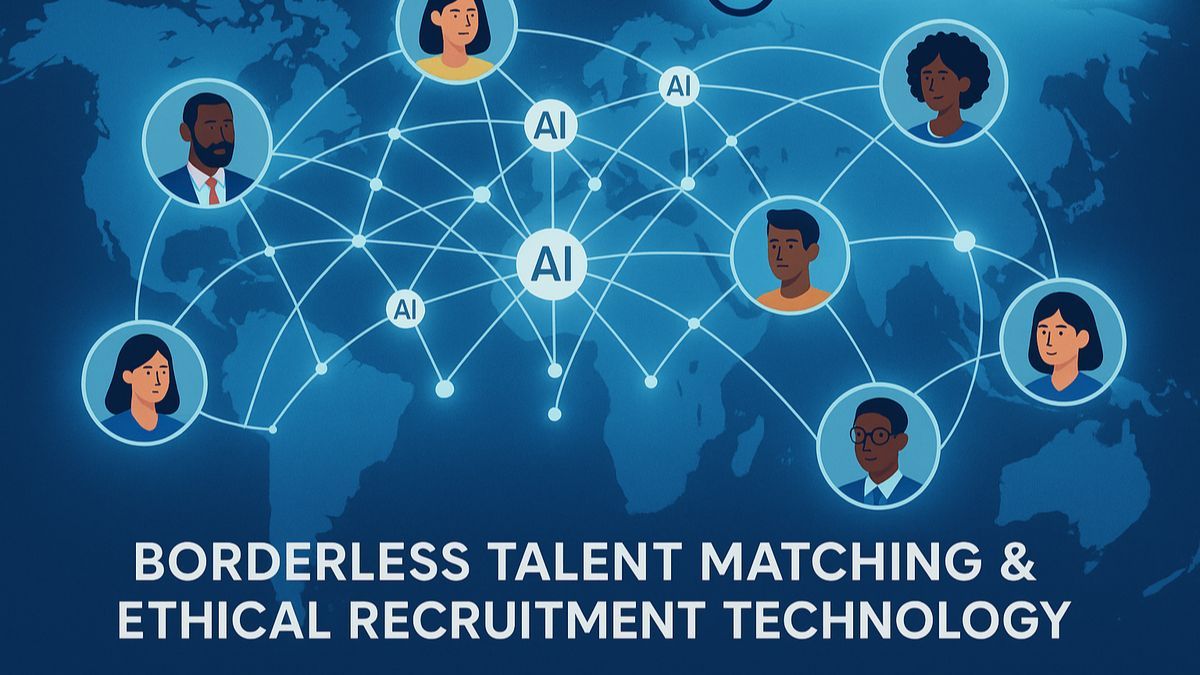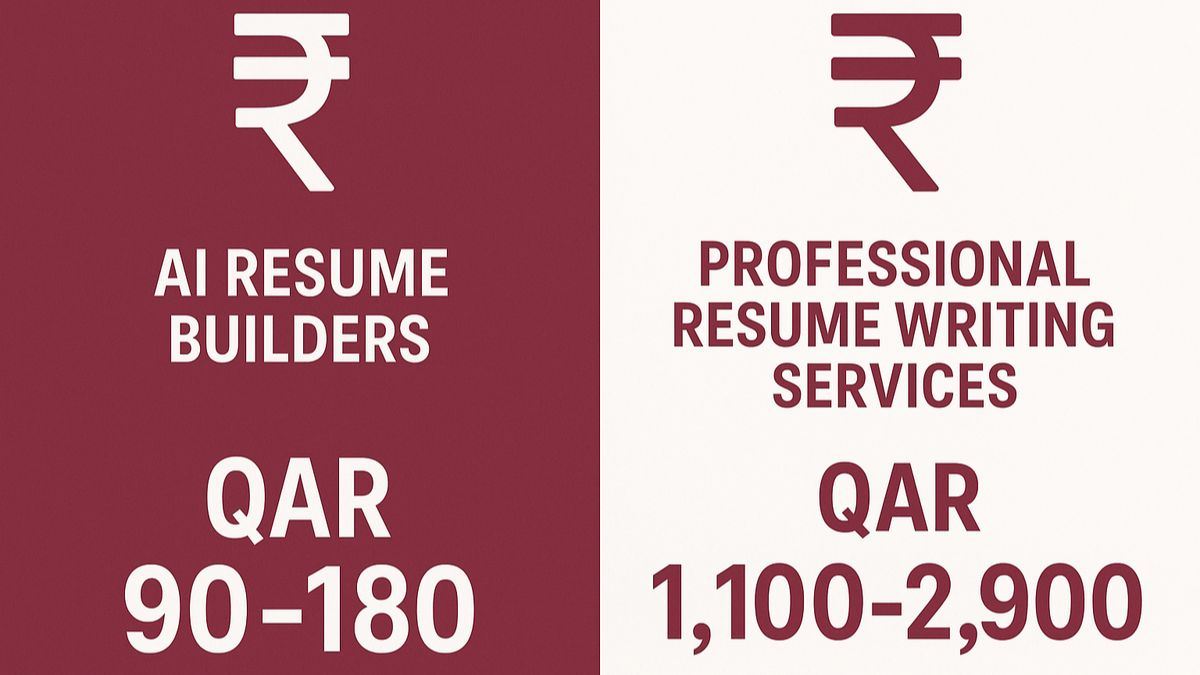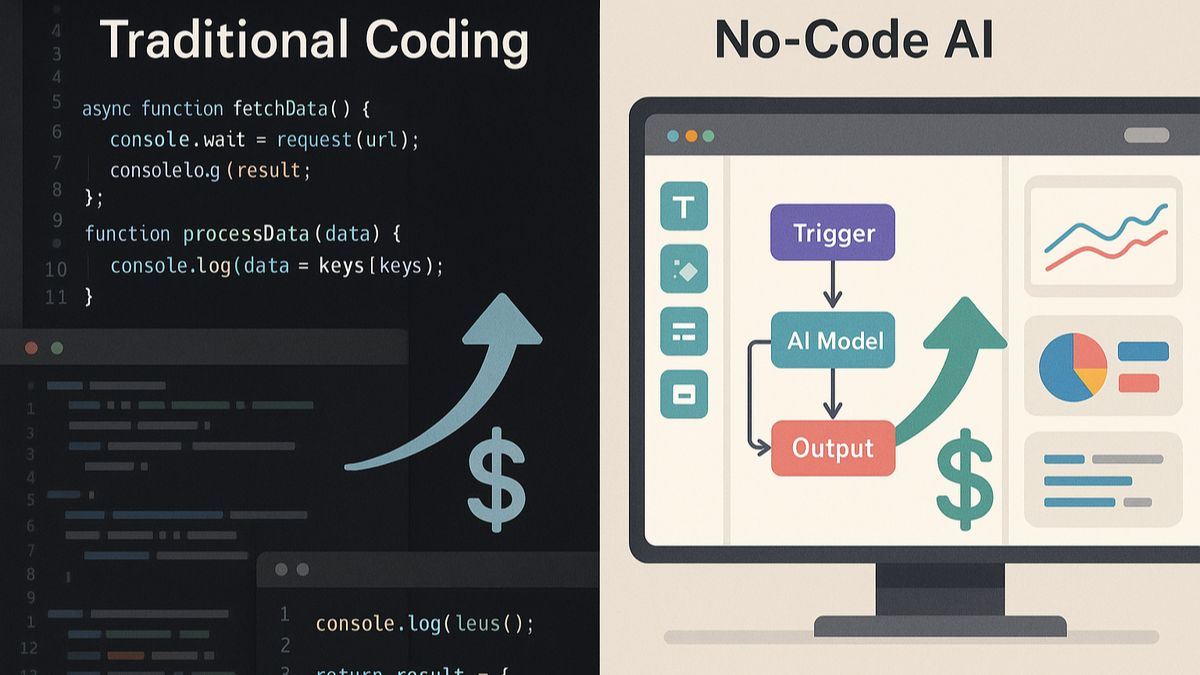Career Gaps Qatar: How to Explain Employment Breaks to Qatari Employers. Qatar-Specific Opening In Qatar’s rapidly evolving job market, career gaps are more common than most professionals realise. Whether it’s pursuing advanced education, supporting family obligations, adapting to Vision 2030 industry changes, or navigating the unique challenges of expatriate life in the Gulf, employment breaks affect nearly every professional working in Qatar. Gender disparity statistics in employment
Yet most job seekers approach Qatar employers with apologetic explanations for their career gaps, when they should be presenting them as strategic advantages that make them more valuable candidates. Understanding Qatar’s business culture and employer expectations is key to transforming perceived weaknesses into compelling strengths.
“Career gaps Qatar professionals face are unique compared to other GCC countries, requiring specialised positioning strategies.” The key to success in Qatar’s competitive job market isn’t hiding your employment breaks—it’s positioning them as evidence of the adaptability, cultural intelligence, and strategic thinking that Qatar’s Vision 2030 economy desperately needs.
Understanding Qatar’s Unique Employment Landscape
Career Gaps Qatar: Transformation from a traditional economy to a knowledge-based society creates unique career trajectories that don’t fit conventional employment patterns. The country’s ambitious Vision 2030 program has fundamentally reshaped entire industries, forcing professionals to adapt, retrain, and sometimes step away from their careers to acquire new skills.
Smart Qatar employers recognise that linear career paths are becoming extinct. They value professionals who demonstrate resilience, cultural adaptability, and the courage to make strategic career investments. Your employment gap isn’t a liability—it’s proof of exactly these qualities. “Career gaps Qatar job market encounters are often misunderstood by both candidates and employers.”
Consider the broader context: Qatar’s expatriate workforce represents over 85% of the population, meaning most professionals have navigated complex career transitions, visa changes, and cultural adaptations. Employers who understand this reality are looking for candidates who can thrive in ambiguous, multicultural environments. statistics in employment qatar
Career Gaps Qatar Scenarios
Vision 2030 Career Pivots: Qatar’s economic diversification has created entirely new industries while transforming existing ones. Professionals in oil and gas who pursued technology training, hospitality workers who gained digital marketing skills, or traditional finance professionals who studied Islamic banking aren’t career-changers—they’re strategic adapters who recognised market evolution.
How to position it: “During Qatar’s digital transformation, I invested 18 months acquiring advanced data analytics skills to contribute to the country’s smart city initiatives. This strategic pause allowed me to bring cutting-edge capabilities to traditional industries.”
Cultural and Religious Considerations
Career Gaps Qatar: Respect for family values and religious obligations means employment breaks for Hajj/Umrah, extended family care, or major life events are often viewed positively by local employers. These experiences demonstrate the cultural awareness and life balance that Qatar’s work environment values. Indemand skills in Qatar
How to position it: “My six-month family care period allowed me to develop the cross-cultural communication skills and patience that make me effective in Qatar’s diverse business environment.” “Career gaps Qatar culture respects – for family, religious obligations, or education – demonstrate values alignment.” Employment in Qatar
Sponsorship and Visa Transitions
The kafala system creates natural employment gaps during sponsor changes, visa processing, or legal transitions. Rather than apologising for these breaks, position them as evidence of your commitment to proper legal compliance and long-term Qatar residency.
How to position it: “The visa transition period allowed me to complete professional certifications that directly support Qatar’s regulatory requirements in my field.” “Career gaps Qatar’s kafala system creates during transitions should be positioned as a legal compliance commitment.”
Education and Professional Development
Qatar University, Georgetown School of Foreign Service, and other local institutions attract professionals seeking advanced education. Employment breaks for MBA programs, specialised certifications, or language acquisition demonstrate investment in Qatar-relevant skills.
How to position it: “My MBA from Qatar University wasn’t just education—it was strategic preparation for contributing to Qatar’s knowledge economy while building networks within the local business community.”
Strategic Positioning for Qatar Employers
Emphasise Cultural Intelligence: Qatar employers value professionals who understand both local business culture and international practices. Employment gaps that involved travel, cultural immersion, or cross-cultural projects demonstrate exactly this capability.
Highlight Adaptability: Qatar’s rapid development requires professionals who can navigate ambiguity and change. Career gaps often represent exactly these experiences—adapting to new countries, learning new skills, or managing complex personal situations.
Demonstrate Long-term Commitment: Many Qatar employers worry about expatriate retention. Employment gaps that show investment in Qatar-specific skills, local education, or family stability demonstrate commitment to long-term residency.
Interview Strategies for the Qatar Market
Career Gaps Qatar: The Vision 2030 Connection: Always connect your career gap experience to Qatar’s national development goals. Whether you gained technology skills, cultural competency, or project management experience, frame it as preparation for contributing to Qatar’s economic transformation. “Career gaps Qatar’s Vision 2030 transformation creates are strategic advantages for forward-thinking professionals.”
The Cultural Bridge Approach: Position your gap experience as preparation for Qatar’s multicultural business environment. International experience, language skills, or cross-cultural projects become evidence of your value in Qatar’s global business hub.
The Strategic Investment Framework: Never apologise for career gaps. Instead, present them as strategic investments in capabilities that traditional linear careers cannot provide. Qatar’s dynamic economy rewards strategic thinking over conventional career paths.
Practical Application Examples
Gap for Family Care: “Managing family obligations taught me the project coordination and cultural sensitivity skills that are essential for leading diverse teams in Qatar’s business environment.”
Gap for Education: “My advanced certification period provided Qatar-specific regulatory knowledge that allows me to navigate local compliance requirements while maintaining international standards.”
Gap for Health/Recovery: “My recovery period taught me resilience and stress management capabilities that are crucial for thriving in Qatar’s fast-paced business environment.”
Custom CTA:
🇶🇦 Navigate Qatar’s Job Market with Confidence
As Qatar’s trusted recruitment partner, we understand both local employer expectations and international professional backgrounds. Let us help you position your career story for Qatar’s unique business environment.
✅ Qatar Employer Psychology Training
✅ Visa Gap Navigation Support
✅ Cultural Context Coaching
✅ Vision 2030 Career Positioning
✅ Local Network Integration



 Why Qatar Chooses Our Global AI Solution
Why Qatar Chooses Our Global AI Solution
 How Much Does Professional Resume Writing Cost in Qatar 2025?
How Much Does Professional Resume Writing Cost in Qatar 2025?
 1. AI Prompt Engineer (No-Code Specialist)
1. AI Prompt Engineer (No-Code Specialist)
 The 30-Day Qatar Implementation Plan
The 30-Day Qatar Implementation Plan
 Regional Advantage Through AI Recruitment
Regional Advantage Through AI Recruitment
 Enhanced Candidate Experience Standards
Enhanced Candidate Experience Standards
 Salary Negotiation with ChatGPT Skills
Salary Negotiation with ChatGPT Skills
 The Real Impact on Qatar Business Performance
The Real Impact on Qatar Business Performance
 Implementation: Getting Started with AI Video Interviews
Implementation: Getting Started with AI Video Interviews